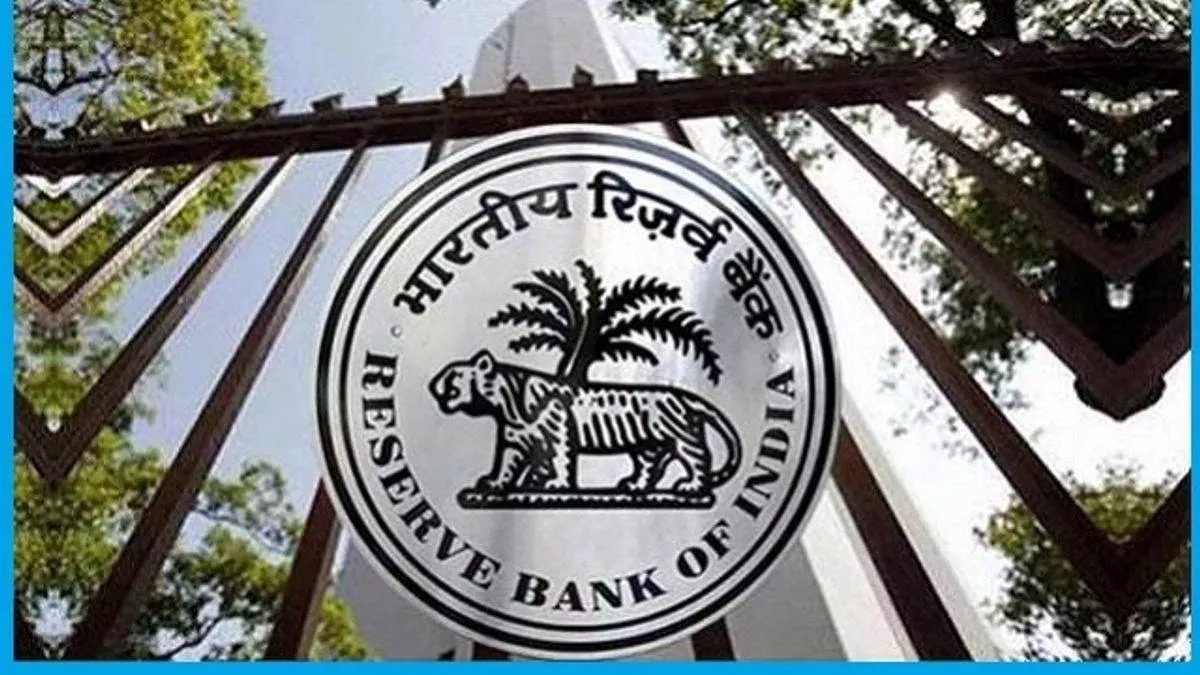
New Delhi. The Reserve Bank of India ( RBI ) has released the RBI Bulletin for June. In this bulletin, the RBI said that to control inflation, as long as the pressure of food prices remains, it will be difficult to achieve the inflation target of 4 percent.
In an article on the state of the economy in June 2024 bulletin, the RBI said that retail inflation is gradually moderating, but volatile and high food prices are impeding the path of disinflation.
(RBI) Deputy Governor Michael Debabrata Patra, said global growth was resilient in the first quarter of 2024, and many central banks have moved to a less restrictive monetary policy stance in response to declining inflation in their economies.
High-frequency indicators in India suggest that real GDP growth in the current quarter in FY25 is broadly maintaining the momentum achieved in the previous quarter. In addition, the early arrival of the southwest monsoon is brightening the prospects for agriculture, the article said.
Headline inflation in the country is gradually moderating, driven by continued moderation in its main components, although the path of disinflation is hampered by volatile and elevated food prices.
The RBI has been mandated by the government to ensure that retail or headline inflation remains at 4 per cent with a margin of 2 per cent on either side, driven by the Consumer Price Index (CPI) softening of the main component of inflation to new lows, which validates the monetary policy stance.
The article said that as long as food price pressures persist, the goal of bringing inflation in line with its (RBI's) target remains a work in progress.
Repo rate remains steady
Earlier this month, the RBI's Monetary Policy Committee (MPC) voted to keep the policy repo rate unchanged at 6.50 per cent and reiterated its stance of focusing on the return to housing to ensure that inflation progressively aligns with the target while supporting growth.
The central bank projects inflation to moderate to 4.5 per cent in 2024-25 from 5.4 per cent in 2023-24, with downside risks evenly balanced from the rising incidence of adverse climate events, input cost pressures and volatility in crude oil prices, among others.
The RBI said the views expressed in the bulletin article are those of the authors and do not represent the views of the central bank.
--Advertisement--

 Priya
Priya Share
Share



